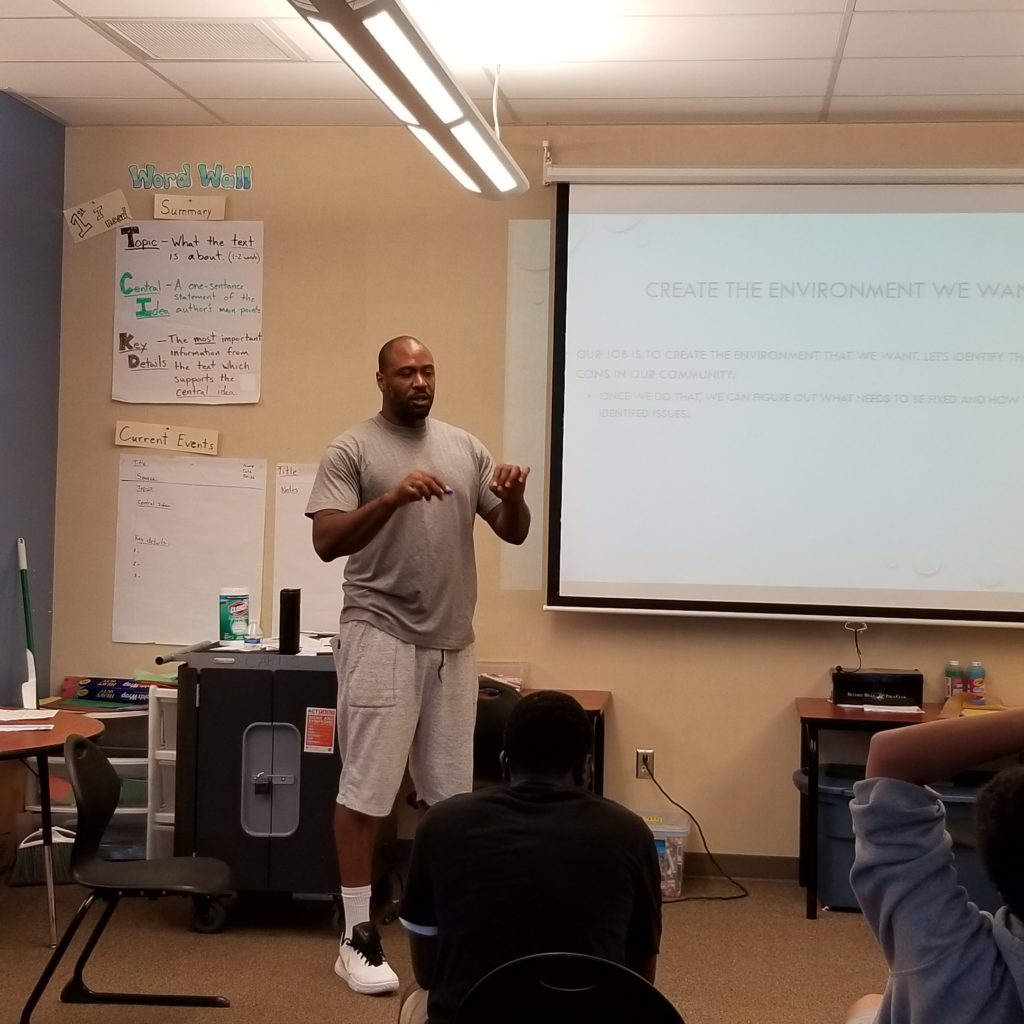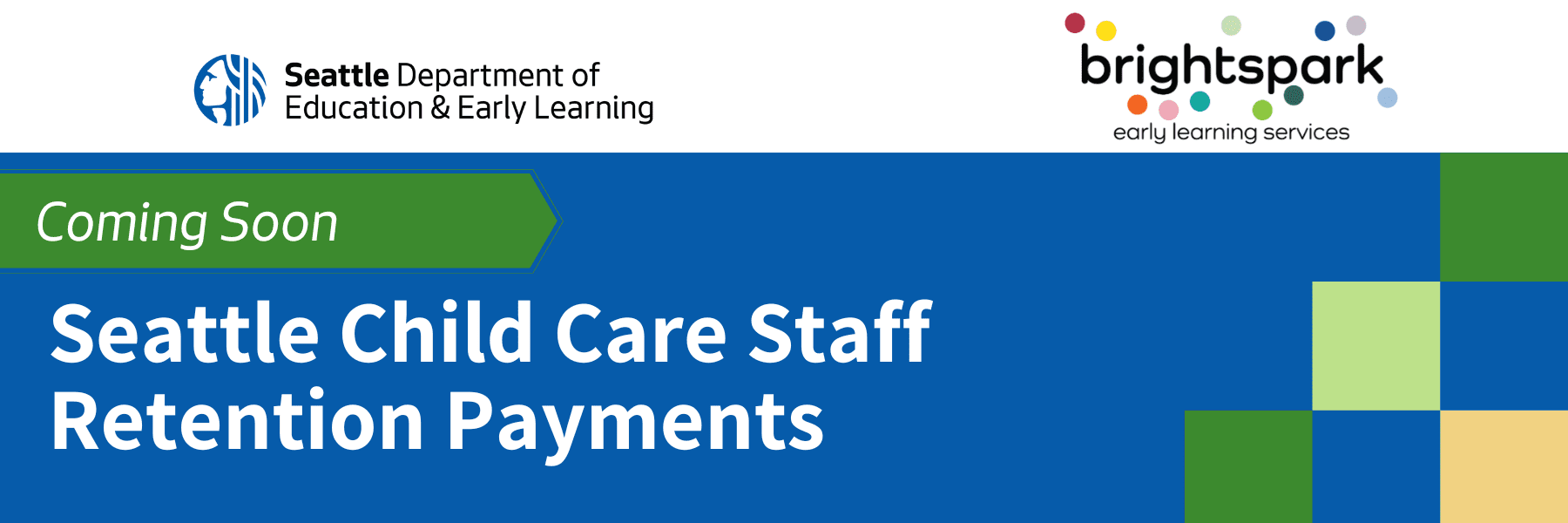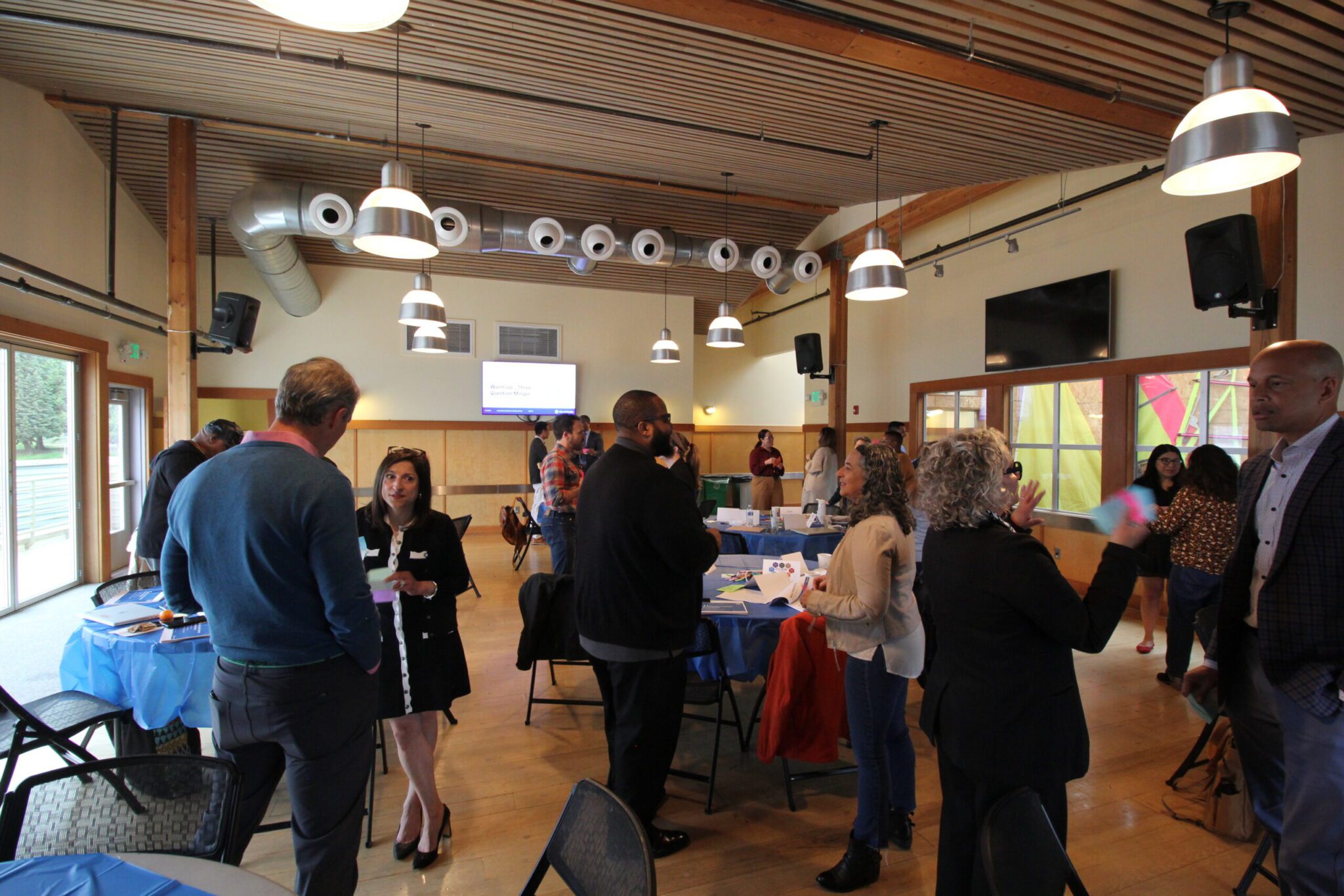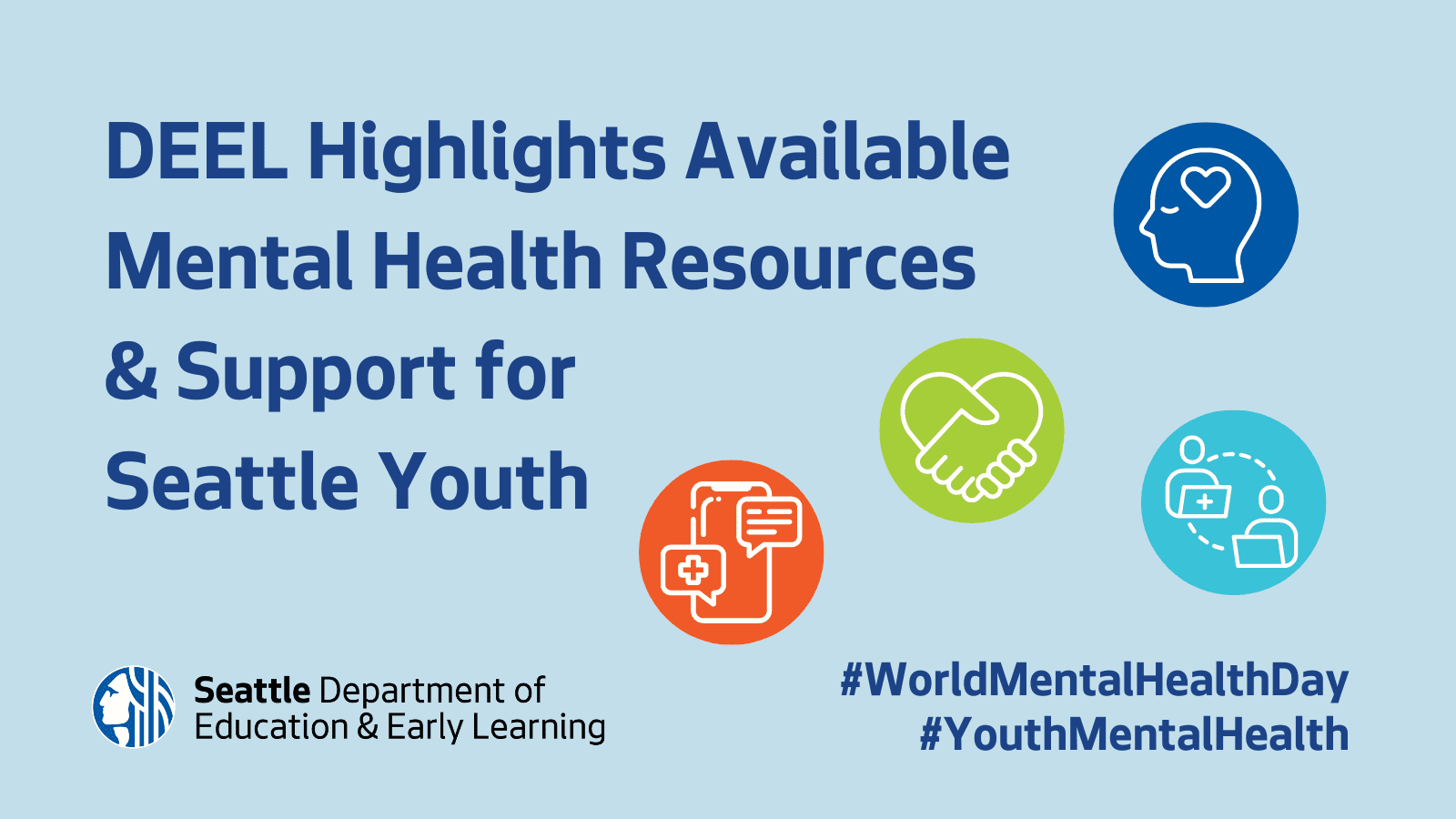For a group of rising 8th Graders, this summer has been a period of learning and discussion at the ACE (Academy for Creating Excellence) Academy Summer Program at Seattle’s South Shore K-8 School. Students have spent the last few weeks working through the challenges facing Atlanta teen Justyce McAllister. Justyce is the focus of the book “Dear Martin” written by Nic Stone. ACE is using the book this summer as a discussion starting point for a class at academy.

Justyce is being pulled in several directions. He’s a bright student in a prep school where he is reminded daily that he doesn’t quite fit in. A teen being teased by his friends about how he’s no longer a part of the “neighborhood.” A young man who wants to change the environment that he lives in but is starting to feel alienated from the tools he needs to use to make that change.
So, he starts writing letters to someone he knows understands the challenges he’s facing: The Rev. Dr. Martin Luther King, Jr.
ACE’s focus is on keeping academic skills sharp during the summer months while developing academic skills in math, science reading and writing in a culturally responsive environment. The educators are also working on instilling in young African-American men how they can start being change agents in their communities.
“Too many of our young men have a sense of powerlessness,” said Anthony Washington, ACE’s Humanities Educator. “We’re using the book as an opportunity to consider a number of issues, from autonomy, to choices made, to misconceptions and changing outlooks.”

As Justyce confronts the issue of racial profiling, Washington leads his students in looking at misconceptions by showing a J. Cole video showing police officers raiding the rapper’s home in a predominantly white neighborhood because neighbors assumed that drugs were being sold out of the home.
The students are examining how perception can impact their communities, which has led to a discussion on changing their environments, not just in their neighborhoods, but in society at large. Starting with pointing out the “Negativity in our neighborhoods,” Washington challenged the young men to start looking at what steps needed to occur to create a more positive environment. Drugs were a negative, but what could be done to encourage people to stop selling them, what if the jobs available in the community paid less than the money they made on the streets?

The goal of the reading and the discussion is part of ACE’s overall effort to start changing mindsets. Washington reminds his students that “you are leaders and you can help change the community.”

Anthony Bynam is one of those leaders, a rising 8th Grader at Southshore who enjoys drawing and talked about “Dear Martin” while trying hard not to give away any “spoilers.” “I related to Justyce because of how he acts and because he has a peaceful approach.”
Before going to Southshore, Anthony was a student in Everett in a majority white school, where he had to experience the racism that Justyce felt at Braselton Prep. “The first time it hurt,” he said, “But I learned to ignore it.”
Anthony also enjoyed the discussion in Mr. Washington’s class about the book because it presents an opportunity for “people to talk about making changes for the better.”
Tony Eastland is halfway through the book, and the Southshore Rising 8th Grader is enjoying how Justyce “wants to help people and himself.” “He (Justyce) wants to become a lawyer to help battle against police brutality and to help Black people.”
“At first it was weird,” Tony said about the letter’s Justyce is writing to King because “Dr. King has passed away. But you understand that in a way he’s talking to himself.”
Tony and Anthony said they will carry some of what Justyce McAllister faced in the book with them into the school year, something that both Mr. Washington and Marcus Harden, Program Director of the ACE Summer Academy are happy to hear.
“We wanted something that everyone could understand and relate to,” said Harden, who admits that some of the students didn’t know who Dr. King was.
The reading and discussion are a chance to plan daily lessons on the issues brought up in the book, how the students connect to those issues, and learning in Harden’s words “what they will do with those lessons.”
“We want our students to have pride in themselves,” Harden said. “We want them to become their own advocates. We also what them to find their own Martin—or Malcolm—that they can connect to.”


